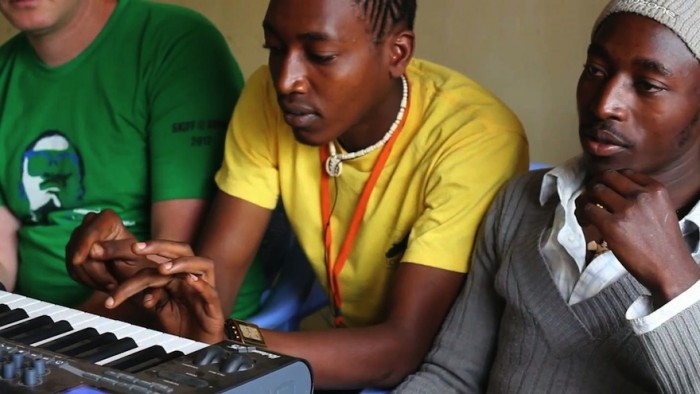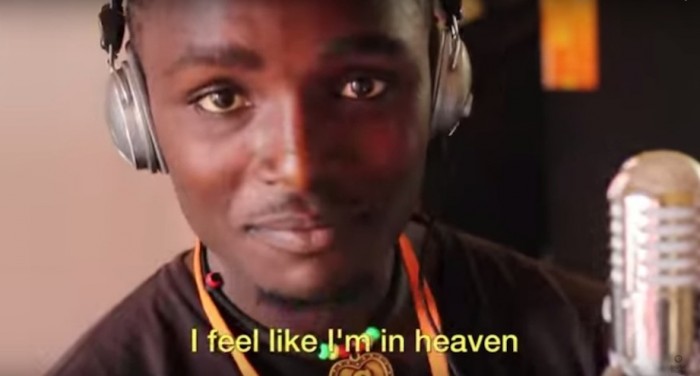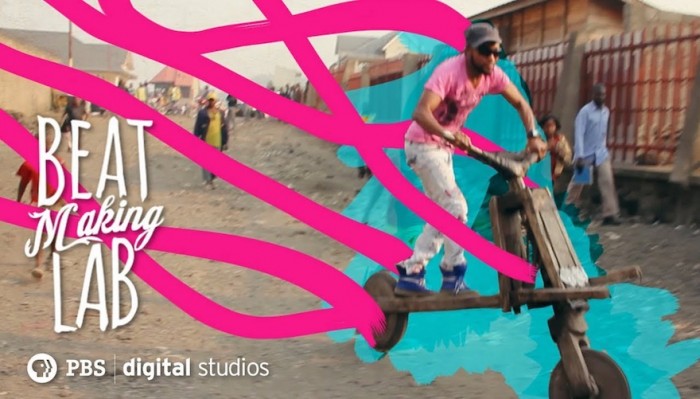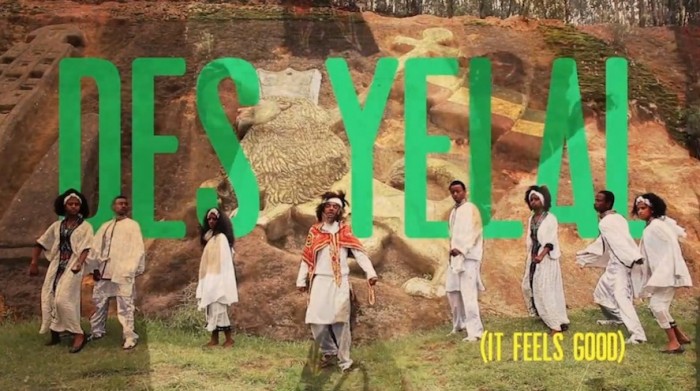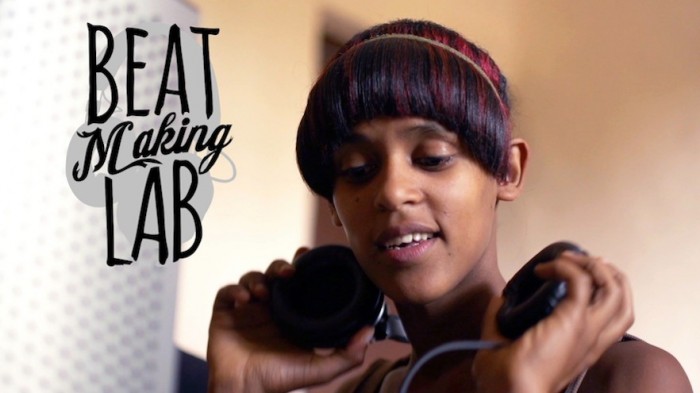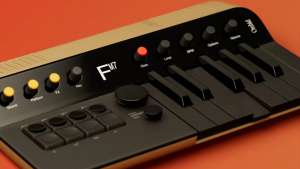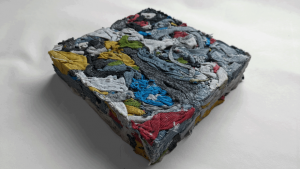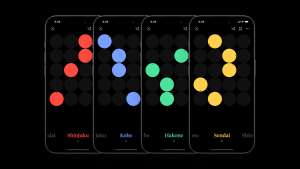A wave of musical experimentation is rippling out across Africa thanks to two hip-hop enthusiasts and a recording studio you can pack in your suitcase. From their base in North Carolina, Pierce Freelon and Stephen Levitin have taken the mobile Beat Making Lab to groups of talented, young artists in the Democratic Republic of Congo, Senegal, Ethiopia and Kenya.
Each Beat Making Lab starts by emptying the contents of a backpack: a microphone, laptop installed with Reason music-making software, mini keyboard, set of speakers/subwoofer and headphones – which all stay behind for locals to use once Freelon and Levitin leave.
The duo's music workshops in each country encourage locals to put their own spin on the hip-hop art of beatmaking. In the process they produce original tracks that expose unknown talents to a global audience through record label Mad Decent, online hip-hop platform Okay Player and an online documentary series hosted by PBS Digital Studios.
The track "Cho Cho Cho" came out of the workshop in Goma in the DRC. It was inspired by a popular Congolese call-and-response chant and features local vocalists and emcees performing in French and Swahili alongside Freelon in English. An insistent backing drum beat keeps things steady, a unifying thread through the vocalists' different styles and voices. The recurring refrain "niwakati" is Swahili for "the time is now", an invocation to build more constructive social bonds and join together in African unity.
"'Cho Cho Cho' sparked off the whole success of what we've done," says Levitin, a music producer better known as Apple Juice Kid. "It's a special track… It wasn’t ideal recording conditions – there was a lot of noise around us, the electricity kept going out… but it was a fun track to make and you can feel the energy listening to it."
In Goma, the mobile lab’s first foray onto the continent, a group of budding musicians got a crash course in beat making over six days. As with all their workshops (there have been six to date, including ones in Panama and Fiji), their biggest priority was working with a vibrant local community centre so that the music studio would be sustainable after they left. Here the lab partnered with Yole Africa, a local nonprofit that holds the annual SKIFF Festival breakdancing competition.
"Creatively, it's been a really 'dope' opportunity to collaborate," says Freelon.
The syncopated dance track "Zenga" also came out of the Beat Making Lab’s residency in the DRC. Produced by Apple Juice Kid, it features the maverick guitarist Flamme Kapaya ("a Congolese Jimi Hendrix in a kilt") and was released on the Amani Goma EP on Mad Decent.
Freelon and Levitin are hip-hop artists themselves with their roots firmly in social activism. Calling himself an "artivist – a concept merging creativity and the community", Freelon emcees with his jazz and hip-hop band, The Beast, and teaches music and African studies at the University of North Carolina (UNC) in Chapel Hill. Levitin has made beats for Mos Def, Wale, Azalea Banks and Camp Lo. He got into music production after winning beat-making battles as a drummer specialising in West African percussion. He started the Beat Making Lab as a UNC class with music professor Mark Katz in 2011. It is still being taught there today.
"You learn how to make beats and there is no prerequisite to have musical training," says Levitin. But education is always an opportunity for the pair to talk about larger issues. "A big part of it is entrepreneurship – we talk about how to be successful in the music business and the history of beat-making, electronic music in the late '70s and '80s and the idea of making a whole piece of music by yourself."
The Beat Making Lab produces sounds flavoured by local instruments and popular genres in each of the countries it is taken to. The process evolves organically during group sessions.
"In Senegal we made dance hall rhythms by sampling a kora. In the DRC there were a lot of rappers partially because of Yole Africa and the huge breakdance culture there. In Ethiopia there were poets and spoken-word artists," says Freelon.
A huge part of the lab experience is about consciousness-raising and finding positive ways to engage with each community’s social challenges. Perhaps the most politicised Beat Making Lab was the one that took place in conjunction with Kenyan arts collective The Nest in Nairobi. The lab coincided with a spoken word workshop run by LGBT activist and poet Staceyann Chin and hosted by The Rules, a global activist network fighting against inequality, and it seemed natural to pool their efforts. The hard-hitting track "All Oppression is Connected" came out of that collaboration.
In Dakar, the lab worked with a women's hip-hop collective called Gotal who teamed up with Speak Up Africa, a non-profit that advocates for public health and development issues. They found inspiration for beats on a visit to a clinic – from the sounds of babies crying and the blood pressure gauges to goats bleating in the street. These are recorded and sampled to make the "Health Worker Beat".
The lab uses all the multimedia tools at its disposal to amplify the voices that are so often drowned out in everyday Africans' struggles for survival. The two-week workshop in Addis Ababa, for which Levitin and Freelon partnered with an NGO called IntraHealth International, is shown through the eyes of Gelila, a young woman who leaves her corrugated-tin home to attend university classes by day. She dreams of living in a more peaceful neighbourhood but right now music is her escape.
"Music for me is more than anything," says Gelila. "I will express myself whem I'm sad, when I'm happy… Whatever happens in my life, music expresses it more than my words."


